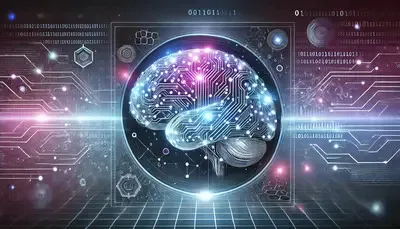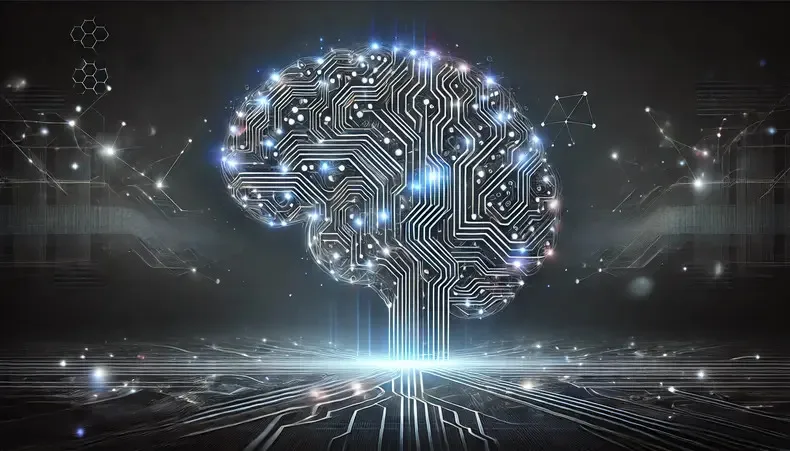History of Artificial Intelligence: From the First Steps to Modern Technology

Artificial Intelligence (AI) has revolutionized the way we interact with technology, paving the way for innovations across various sectors. The journey of AI, from its nascent stages to becoming a pivotal force in modern technology, is marked by significant milestones and challenges. This article explores the evolution of AI, highlighting its beginnings, challenges, and advancements, leading up to the cutting-edge technologies we witness today.
The First Steps in the Development of Artificial Intelligence
The concept of machines mimicking human thought dates back to ancient times. However, it wasn’t until the early 20th century that concrete ideas about intelligent machines began to form. Early computers in the 1940s laid the groundwork for AI, with scientists envisioning machines that could perform tasks requiring human intelligence.
1950s – 1960s: Birth and First Successes
The 1950s marked the official birth of AI as a field of study. British mathematician Alan Turing, often regarded as the father of AI, proposed the Turing Test to evaluate a machine’s ability to exhibit intelligent behavior. During this era, significant strides were made in understanding the potential of AI, leading to the development of early algorithms that could play simple games and solve basic problems. The Dartmouth Conference in 1956 is recognized as a pivotal event where the term “Artificial Intelligence” was coined, sparking widespread interest in the field.
1970s-1980s: Crisis and Development
The 1970s and 1980s were challenging decades for AI research, often referred to as the “AI Winter.” Funding dwindled due to unmet expectations, and the enthusiasm around AI cooled. Despite these setbacks, progress continued quietly. Researchers developed more sophisticated algorithms, laying the foundation for future AI systems. Expert systems, which mimicked the decision-making ability of a human expert, emerged during this period, finding applications in industries like medicine and finance.
1990s: Renewed Interest
The 1990s saw a resurgence of interest in AI, fueled by increased computational power and access to vast amounts of data. AI research shifted focus towards machine learning, enabling computers to learn from data without explicit programming. This era witnessed significant achievements, such as IBM’s Deep Blue defeating world chess champion Garry Kasparov, showcasing the potential of AI in solving complex problems.

2000s: Development of Algorithms and Big Data
The 2000s brought about a technological revolution with the advent of big data and the internet. AI algorithms became more sophisticated, capable of processing and analyzing massive datasets. Machine learning, particularly deep learning, became the cornerstone of AI research. Companies like Google, Facebook, and Amazon began leveraging AI to enhance user experiences and streamline operations. The integration of AI in everyday applications, from search engines to personalized recommendations, became commonplace.
Modern Artificial Intelligence Technology
Today, AI is at the forefront of technological innovation, with applications ranging from healthcare to entertainment. Advanced AI models power self-driving cars, virtual assistants, and predictive analytics. One notable application is in the online gambling industry, where AI enhances user experiences by offering personalized 21-point bonuses at online casinos, such as the 21-point bonus. AI’s ability to analyze user behavior and preferences has transformed how businesses interact with customers, making experiences more tailored and efficient.
The Future of Artificial Intelligence
The future of AI holds limitless possibilities. As AI technology continues to evolve, ethical considerations, such as data privacy and decision-making transparency, will become increasingly important. The development of AI systems that can understand and process human emotions, known as emotional AI, is on the horizon, promising more natural human-computer interactions. Moreover, AI’s potential to address global challenges, from climate change to healthcare, underscores its role in shaping the future.
The journey of AI from its early conceptual stages to its modern applications reflects humanity’s relentless pursuit of innovation. As we continue to explore the capabilities of AI, its impact on society will only grow, redefining our relationship with technology and opening new avenues for advancement.


